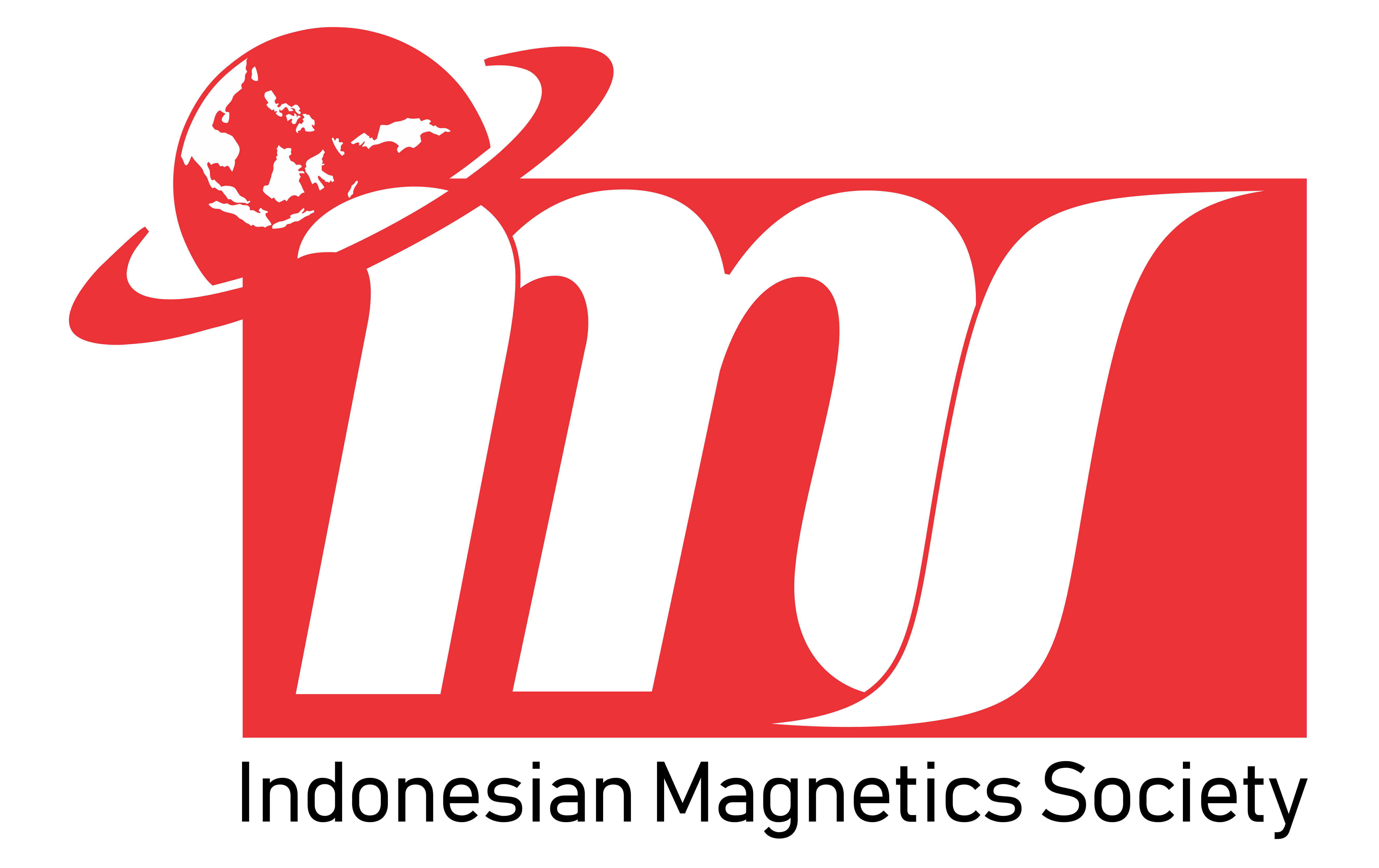Monitoring system ammonia concentration using fiber optic sensor based surface plasmon resonance
Abstract
A monitoring system for ammonia concentration in waters has been created using fiber optic sensors based on surface plasmon resonance (SPR). Monitoring is carried out to measure the decline in water quality due to the toxic compound ammonia from floating net cages (KJA) activities used as aquaculture sites. The sensor performance was improved by replacing the cladding using gold nanoparticles to increase the sensitivity of the fiber optic sensor based on the SPR phenomenon. The sensor consists of a laser diode as a light source, optical fiber as a waveguide and OPT101 as a photodetector. The Arduino Nano microcontroller is used as a data processor, LoRa as a transmission system and the MCU node as a data receiver. The results of measuring the ammonia concentration received by the MCU node are displayed on a Google spreadsheet in real time. Testing of measuring instruments is carried out by comparing the measurement results with a UV-Vis spectrophotometer. The test results obtained an accuracy value of 94.09% for optical fibers using the dip coating method and 78% for optical fibers using the thermal evaporation coating method.
Keywords
Full Text:
PDFReferences
Demetillo, A. T., Japitana, M. V., & Taboada, E. B. (2019). A System for Monitoring Water Quality in a Large Aquatic Area Using Wireless Sensor Network Technology. Sustainable Environment Research, 29, 1-9. https://doi.org/10.1186/s42834-019-0009-4
Macbub, B. (2010). Model Perhitungan Daya Tampung Beban Pencemaran Air Danau dan Waduk. Jurnal Sumber Daya Air, 6(2), 129-144. https://doi.org/10.32679/jsda.v6i2.411
Hibban, M., Rezagama, A., & Purwono, P. (2016). Studi Penurunan Konsentrasi Amonia Dalam Limbah Cair Domestik Dengan Teknologi Biofilter Aerobmedia Tubular Plastik Pada Awal Pengolahan (Doctoral dissertation, Diponegoro University).
Nasution, Z., Sari, Y. D., & Huda, H. M. (2020). Perikanan Budidaya di Danau Maninjau: Antisipasi Kebijakan Penanganan Dampak Kematian Masal Ikan. Jurnal Kebijakan Sosial Ekonomi Kelautan dan Perikanan, 1(1), 19-31.
Amoatey, P., & Baawain, M. S. (2019). Effects of pollution on freshwater aquatic organisms. Water Environment Research, 91(10), 1272-1287. https://doi.org/10.1002/wer.1221
Kurniati, R. I., & Komala, P. S. (2021). Analisis Beban Pencemar Total Nitrogen dan Total Fosfat akibat Aktivitas Antropogenik di Danau Maninjau. Jurnal Ilmu Lingkungan, 19(2), 355-364. https://doi:10.14710/jil.19.2.355-364
Sutrisno, S., & Hamdani, A. (2013). Pengamatan pola stratifikasi di Danau Maninjau sebagai Potensi Tubo Belerang. Limnotek: perairan darat tropis di Indonesia, 20(2)
Sabri, N., Aljunid, S. A., Salim, M. S., & Fouad, S. (2015). Fiber Optic Sensors: Short Review and Applications. Recent trends in physics of material science and technology, 299-311. https://doi.org/10.1007/978-981-287-128-2_19
Christopher, C., Subrahmanyam, A., & Sai, V. V. R. (2018). Gold Sputtered U-Bent Plastic Optical Fiber Probes as SPR-and LSPR-Based Compact plasmonic sensors. Plasmonics, 13, 493-502. https://doi.org/10.1007/s11468-017-0535-z
Hidayati, M., & Harmadi, H. (2021). Rancang Bangun Sensor Serat Optik dengan Cladding Zinc Oxide untuk Mendeteksi Kelembaban Udara. Jurnal Fisika Unand, 10(2), 255-261. https://doi.org/10.25077/jfu.10.2.255-261.2021
Febrielviyanti, F., Harmadi, H., Dahlan, D., & Rilda, Y. (2019). Rancang Bangun Sensor Kelembaban Udara menggunakan Plastic Optical Fiber (POF) dengan Cladding TiO2-SiO2 dan Data Transmisi. Jurnal Fisika dan Aplikasinya, 15(1), 29-33. http://dx.doi.org/10.12962/j24604682.v15i1.4358
Sundari, D., & Harmadi, H. (2022). Rancang Bangun Alat Ukur Konsentrasi Mikroplastik dengan Cladding Gelatin berbasis Sensor Serat Optik dan Mikrokontroler. Jurnal Fisika Unand, 11(3), 408-413. https://doi.org/10.25077/jfu.11.3.408-413.2022
García, J. A., Monzón-Hernández, D., Manríquez, J., & Bustos, E. (2016). One Step Method to Attach Gold Nanoparticles onto the Surface of an Optical Fiber Used for Refractive Index Sensing. Optical Materials, 51, 208-212. https://doi.org/10.1016/j.optmat.2015.11.038
Som, T., & Karmakar, B. (2010). Surface Plasmon Resonance and Enhanced Fluorescence Application of Single-Step Synthesized Elliptical Nano Gold Embedded Antimony Glass Dichroic Nanocomposites. Plasmonics, 5, 149- 159. https://doi.org/10.1007/s11468-010-9129-8
Lam, W. W., Chu, L. H., Wong, C. L., & Zhang, Y. T. (2005). A Surface Plasmon Resonance System for the Measurement of Glucose in Aqueous Solution. Sensors and Actuators B: Chemical, 105(2), 138-143. https://doi.org/10.1016/j.snb.2004.04.088
Bharadwaj, R., & Mukherji, S. (2014). Gold Nanoparticle Coated U-bend Fibre Optic Probe for Localized Surface Plasmon Resonance Based Detection of Explosive Vapours. Sensors and Actuators B: Chemical, 192, 804-811. https://doi.org/10.1016/j.snb.2013.11.026
Yuan, H., Ji, W., Chu, S., Liu, Q., Qian, S., Guang, J., ... & Peng, W. (2019). Mercaptopyridine-Functionalized Gold Nanoparticles for Fiber-Optic Surface Plasmon Resonance Hg2+ sensing. ACS sensors, 4(3), 704-710. https://doi.org/10.1021/acssensors.8b01558
Verma, A., & Gupta, B. D. (2021). Fiber Optic Surface Plasmon Resonance Based Disposable Probe for the Detection of Phosphate Ion in Soil. Optik, 243, 167484. https://doi.org/10.1016/j.ijleo.2021.167484
Ngibad, K. (2019). Penentuan Konsentrasi Ammonium dalam Air Sungai Pelayaran Ngelom. Medicra (Journal of Medical Laboratory Science/Technology), 2(1), 37-42. https://doi.org/10.21070/medicra.v2i1.2071
Santoso, D. R., 2017, Pengukuran Stress Mekanik Berbasis Sensor Piezoelektrik: Prinsip Desain dan implementasi. Universitas Brawijaya Press, Malang
Tan, A. J. Y., Ng, S. M., Stoddart, P. R., & Chua, H. S. (2020). Theoretical Model and Design Considerations of U-shaped Fiber Optic Sensors: A review. IEEE Sensors Journal, 20(24), 14578-14589. https://doi: 10.1109/JSEN.2020.301117
Refbacks
- There are currently no refbacks.







